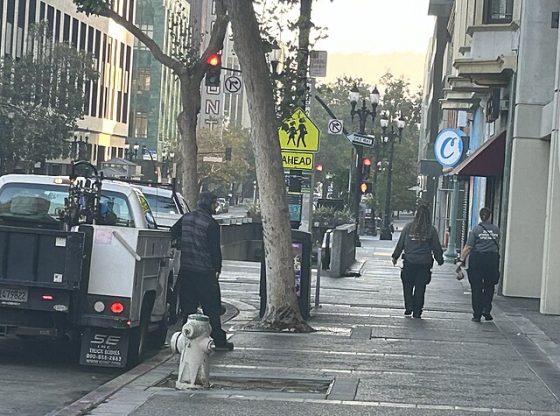On Nov. 5, Oakland, California residents voted overwhelmingly to recall the city’s far-left mayor Democratic Mayor Sheng Thao, who was elected two years ago using ranked-choice voting. Since then, she has been blamed for increasing crime and disorder in the city. This was the first successful recall of a mayor in Oakland’s history, with 61.6% of voters in favor of removing Mayor Thao and only 38.4% opposed.
The recall wasn’t just an indictment of the failures of progressive governance; it was an indictment of ranked-choice voting, or RCV.
Thao’s win in 2022 was made possible by RCV. The novel election system creates winners out of losers by allowing a candidate who received more second-place (or third-place, fourth-place, etc.) votes to win even if another candidate had more first-place votes. This is exactly how Thao squeaked out a 677-vote win.
Her opponent, former Democratic Oakland City Councilmen Loren Taylor, received the most first-place votes but was under 50 percent in the initial round. Because of that, Thao was able to win in the ninth round. And while she had 50.3 percent of the remaining votes, that total was just 45.6 percent of the votes cast in the first round (11,787 “exhausted” ballots were excluded by the final round).
Taylor criticized the complex election process in his concession speech. “Ranked-choice voting as it is isn’t working,” Taylor told a reporter. He noted the high number of discarded ballots, pointing out that this went against the promises made by advocates when they convinced the city to adopt RCV.
Since then, the quality of life for Oakland residents has decreased dramatically. Reports of violent incidents increased 21% last year compared to 2022, and robberies jumped 38%. Instead of aggressively targeting violent gang members, Mayor Thao focused on “ceasefires” and misleading crime statistics to take the heat off herself.
Thao’s entire mayorship can be blamed on the complexities of ranked-choice voting. A system that allows a candidate to win by receiving the most second place votes and disenfranchises voters by eliminating their ballots should be outlawed in state, local and federal elections.
One of the last mayors elected before Oakland made the switch to RCV was former California Gov. Jerry Brown — a ranked-choice voting critic. As governor, he vetoed a bill to allow all cities in the Golden State to use RCV. And while he was mayor of Oakland, Brown reduced crime, grew the city’s population and expanded charter schools, a far cry from what Thao has done.
Last June, Thao’s home was raided by the FBI. Her failures led to the campaign “Oakland United to recall Thao,” which collected more than 40,000 signatures to initiate a recall. The recall campaign was supported by the Oakland Police Officers’ Association, former Democratic Mayor Libby Schaaf, prominent local business leaders, and even Elon Musk.
Ranked-choice voting is promoted as a way to elect popular, moderate candidates. Yet before it was adopted, Oakland actually had moderate, effective mayors. What RCV actually gave Oakland was an unpopular mayor who is now the first to be recalled in the city’s history. There is talk that Oakland’s next move will be to repeal ranked-choice voting. If not, they could end up right back where they started.
Featured Image Credit: Battlesnake1












